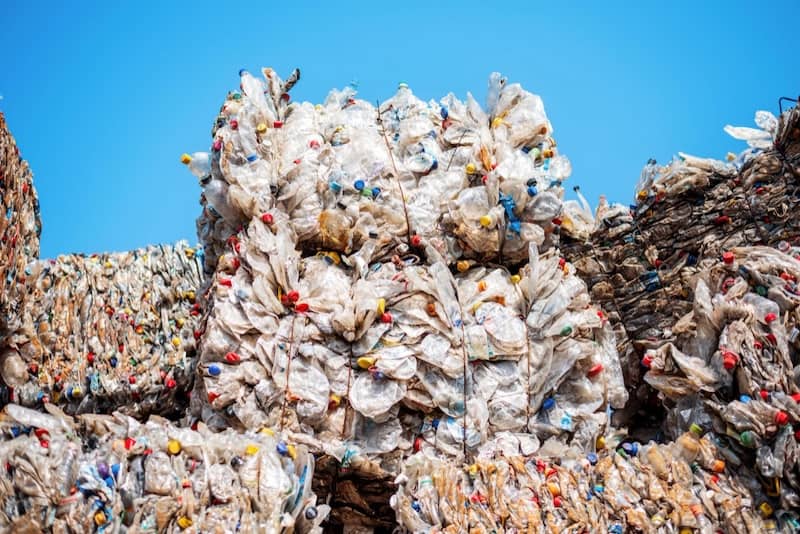Rubber tires have a pretty bad reputation for being harmful to both our health and the natural landscape. From the point of production, the manufacturing of tires for vehicles can be significantly damaging to the environment. But is this having an effect on our climate?
Natural Resources
The tire manufacturing industry currently relies upon the use of natural rubber in the production of tires for vehicles. The growing demand across the world for vehicles, and therefore tires, has led to the increase in the rubber production industry.
Rubber plantations are big business, particularly in Southeast Asia. And it is this increased demand for rubber that is leading to more and more forests being destroyed to make way for rubber plantations. This not only diminishes natural wildlife habitats but the vast expanses of forests are often burned, which releases large amounts of harmful CO2 into the atmosphere.
These fires can often burn out of control and destroy even more of the landscape than was previously planned. In 2015, fires in Indonesia, burning as a result of deforestation, released more greenhouse gases over 26 days of burning than were released in the whole of the US.
The destruction of the rainforests of Southeast Asia is of particular concern, and over the last few decades the area has seen hundreds of millions of acres of forests be eliminated.
Sustainability
Recently, tire manufacturing companies have been trying to reduce their own emissions at their production facilities. Toyo Tires is one company that is planning to reduce its CO2 emissions by 15% by 2020 and Nokian Tyres is also aiming to see a reduction of 20% in its CO2 emissions by 2020.
Another company working towards delivering an environmentally friendly model is Michelin. Last year they pledged to source their natural rubber from sustainably farmed origins by implementing a zero deforestation policy and have been working with the World Wildlife Fund to help develop responsible, environmentally friendly rubber farms.
Atmospheric Pollution
Because of the large numbers of vehicles on the world’s roads, the CO2 emissions from cars is extremely high. One factor that contributes to this is the tires. The resistance on the tires creates friction as you drive, leading cars to burn more fuel. Under-inflated tires can also increase the amount of fuel burned because of the increased friction between the tire and the road. However, some companies have been looking into creating low-rolling tires to help reduce their overall CO2 emissions.
Waste tires can have a devastating impact on our environment. Over 200 million car tires are discarded each year in the US alone, which could be having a significant impact on the health of our climate.
Decomposing tires can release hazardous chemicals into the environment, polluting both the air and the soil. Tires are composed of more than just natural and synthetic rubber; they also contain a number of chemicals that allow them to be functional for their purpose. However, when the tires are discarded in landfill sites or simply dumped, these chemicals can then leach out over time, causing harmful pollutants to enter the land, air and even water.
This situation can be become even worse when the tires are burned. Tire fires are a huge environmental concern. Because the rubber is a source of fuel, fires can quickly burn out of control and can continue to burn for several years. The chemicals that are released from burning tires can cause serious health problems, including respiratory diseases and even cancers.
Burning tires releases significant amounts of harmful chemicals, such as CO2, CO, SO2. The carbon emissions create a real danger to the climate, contributing to the warming of the Earth’s atmosphere.
Ocean Pollution
Carbon emissions from tires have also been seen to have a damaging impact on the health of our oceans. The toxic chemicals that are released during the decomposition of the tires or during the burning process can have a serious effect on the environment.
When the chemicals enter the ocean, they can cause the water to become acidic. This acidification could lead to an entire eco-system being wiped out. Small crustaceans, particularly krill is a vital source of food for many species of sea life, including whales. Although they are small, their existence is necessary in order for the rest of the marine life to survive.
As well as being directly polluted by decomposing tires and other waste, oceans also absorb CO2 from the atmosphere. With the increasing levels of CO2 in the air, the oceans are becoming more and more polluted and acidic, and it’s happening at such a rapid rate that marine species are struggling to adapt.
With the higher levels of CO2 in the oceans, krill eggs are being affected, which is causing problems with their hatching. With the lower hatch rates, scientists have predicted that the population of the Southern Ocean Antarctic krill could collapse by 2300, which could then have a devastating knock-on effect for the rest of the marine life in the food chain and subsequently the human population, that relies on fishing industries.
Along with the impact on marine life, the additional CO2 emissions in the atmosphere and being absorbed by the oceans, is contributing to the temperature of the oceans, causing it to rise. This rise in temperature will have a direct impact on humanity. Not only will it cause sea levels to rise, due to the melting ice, but the warmer seas will mean wetter weather and more violent storms and hurricanes.
Tire Recycling
Tire recycling and tire shredding are important steps to take in preventing further damage to our climate. By recycling tires you can reduce the amount of waste that is incinerated or thrown into landfill, meaning you can effectively reduce the amount of CO2 that’s entering the Earth’s atmosphere.
Using a tire shredder, or other tire recycling equipment, can be the first step in your tire recycling journey, so that your tires are being prepared to go on and have a new life as something else.
Tire shredders can help you reduce your carbon footprint and help to preserve world’s natural resources by creating usable materials from your scrap tires.




